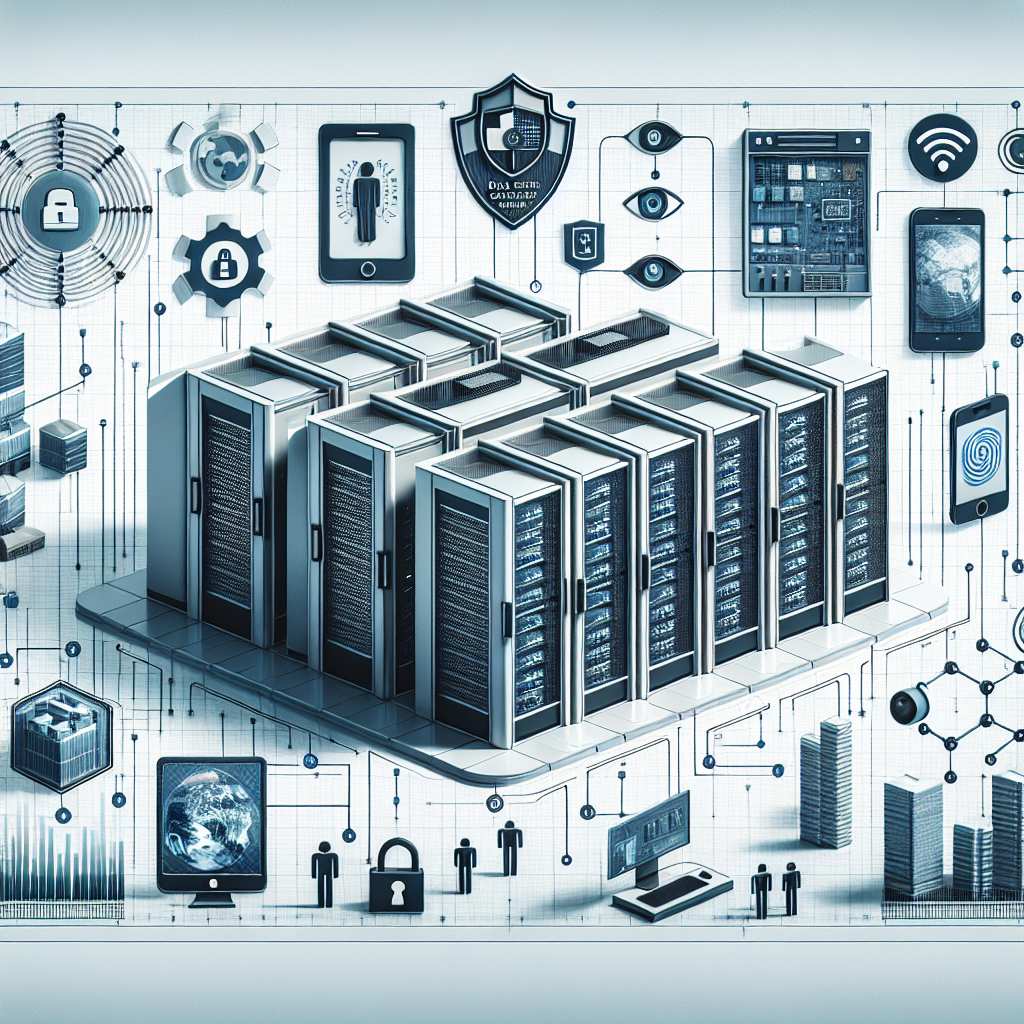Data centers are the nerve center of modern businesses, housing critical infrastructure and sensitive data. As such, it is imperative to have robust security measures in place to protect against potential threats. Selecting and implementing the right data center security systems is essential to safeguarding the integrity and confidentiality of your organization’s information. Here are some key considerations to keep in mind when choosing and deploying data center security systems:
1. Risk Assessment: Before selecting a data center security system, it is important to conduct a thorough risk assessment to identify potential vulnerabilities and threats. This will help you understand the specific security needs of your data center and determine the level of protection required.
2. Compliance Requirements: Depending on the industry in which your organization operates, there may be specific regulatory requirements that dictate the type of security measures you need to have in place. Make sure that the data center security systems you choose are compliant with relevant regulations and standards.
3. Scalability: As your business grows, so too will your data center security needs. It is important to select security systems that are scalable and can easily accommodate future expansion without requiring significant upgrades or replacements.
4. Integration: Data center security systems should be able to seamlessly integrate with existing infrastructure and other security tools to provide a comprehensive and cohesive security solution. Look for solutions that offer compatibility with a wide range of platforms and technologies.
5. Physical Security: In addition to cybersecurity measures, physical security is also crucial for protecting data center facilities. Consider implementing access control systems, surveillance cameras, and other physical security measures to prevent unauthorized access to sensitive areas.
6. Redundancy: To ensure continuous protection of your data center, it is important to have redundancy in place. This includes redundant power supplies, backup systems, and failover mechanisms to minimize the risk of downtime in the event of a security breach or system failure.
7. Monitoring and Reporting: Data center security systems should provide real-time monitoring and reporting capabilities to help you identify and respond to security incidents quickly. Look for solutions that offer comprehensive reporting tools and alerts to keep you informed of any potential threats.
8. Training and Education: Implementing data center security systems is only part of the equation. It is also important to provide regular training and education to staff members on security best practices and procedures to ensure that they are equipped to handle potential security threats effectively.
In conclusion, selecting and implementing data center security systems requires careful consideration and planning to ensure the protection of your organization’s critical assets. By taking into account the key considerations outlined above, you can build a strong and resilient security infrastructure that will help safeguard your data center from potential threats.


Leave a Reply